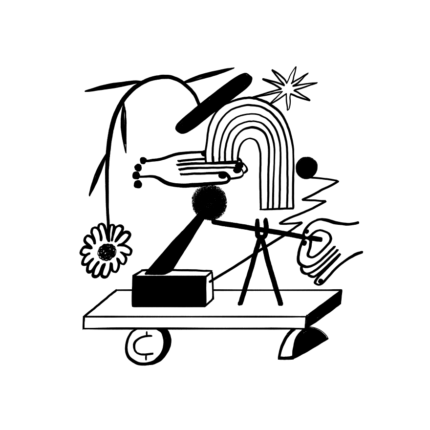
How HSA use has changed in the wake of a pandemic
The flexibility of an HSA is unparalleled. And now, with COVID-19 front and center, both employers and employees are seeing firsthand the value of an HSA.
Much has changed since March when the coronavirus pandemic took hold of the US and world at large. Our spending habits, too, have changed greatly since we shifted into this “new normal.” We’re dining out less and cooking more; saving in places we’d usually spend, like entertainment. Our healthcare spending has changed too.
So how are health savings accounts (HSA) funds being used these days? Are people spending or saving more than usual? Here’s what we’re seeing.
HSAs are Crucial for Workers
In a study from April, Aita Group found how employers are coping with the challenges of staying financially secure during the time of the coronavirus. Some findings were predictable. For instance, many employers are using cost-cutting measures such as furloughs, pay cuts, and suspending 401(k) matching to stay afloat.
But these same employers are not interfering with HSAs.
“The lesson that the COVID-19 pandemic offers for HSA investment funds is that they should be viewed in a different light than 401(k) plans… They should not attempt to mirror 401(k) plans but should rather be cognizant of the fact that account holders may need to access the funds in those investments in the shorter term.”
An HSA and 401(k) are both great savings tools, but an HSA has distinct benefits. For people who are enrolled in a qualifying healthcare high-deductible health plan (HDHP), a health savings account has triple tax advantages. These accounts allow individuals to contribute funds tax-free and to withdraw money tax-free when used to pay for eligible medical expenses. All this, and the funds grow tax-free.
Employers seem to understand this, as many are even continuing to match their employees’ HSA contributions.
A quick, important note for those who need to do more than just save right now. While Individual Retirement Accounts (IRAs) and 401(k)s are not designed to be accessed before you retire without incurring tax penalties, those penalties have been removed during the COVID-19 pandemic. So if you don’t have expenses that you can get reimbursed from your HSA and you really need the money, your retirement account is a penalty-free option for now.
Saving HSA Funds
Individuals have begun saving more towards their HSA since the beginning of COVID-19. Indeed, you can probably relate by looking at your credit card statement. So different from a year ago, and even six months ago, right? The two reasons for this are:
- Delayed medical care
People avoided going to the hospital for fear of catching the coronavirus. “Nearly half of adults (48%) say they or someone in their household have postponed or skipped medical care due to the coronavirus outbreak. However, as stay-at-home restrictions ease, most (68% of those who delayed care, or 32% of all adults) expect to get delayed care in the next three months.” (KFF Health Tracking Poll)
2. Spent money only on the essentials
Social distance and stay-at-home orders have greatly affected where our money goes. People stocked up on staples like pasta, flour, toilet paper, and soap, according to the New York Times. A limit of 1 package of toilet paper per shopper… yeah, that was crazy!
Our favorite outlets for sports and entertainment were closed, so we also spent money on video games and streaming services, including Netflix and Spotify. And, of course, no one was traveling to exotic places during the shelter-in-place period.
Expect HSA Withdrawals to Change this Year
If there’s any lesson to be learned since the onset of COVID-19, it is that no one can predict the future.
The Aida Group’s study points out that HSA withdrawals could change later in 2020 due to to additional layoffs, pay cuts, and furloughs. Unfortunately, this may mean the loss of employer-sponsored health insurance.
Note: be sure to read “Lost Your Health Insurance? You Have Options” if this case applies to you.
An HSA is Always a Good Idea
It’s always a good idea to set aside money in an HSA today for future healthcare expenses. However, if your budget is limited, no worries. You can still win! Pass the funds through your HSA prior to paying for qualified healthcare expenses so you will reap the tax benefit.
Remember, HSAs are integral to your financial well-being, no matter what turn the economy takes.


